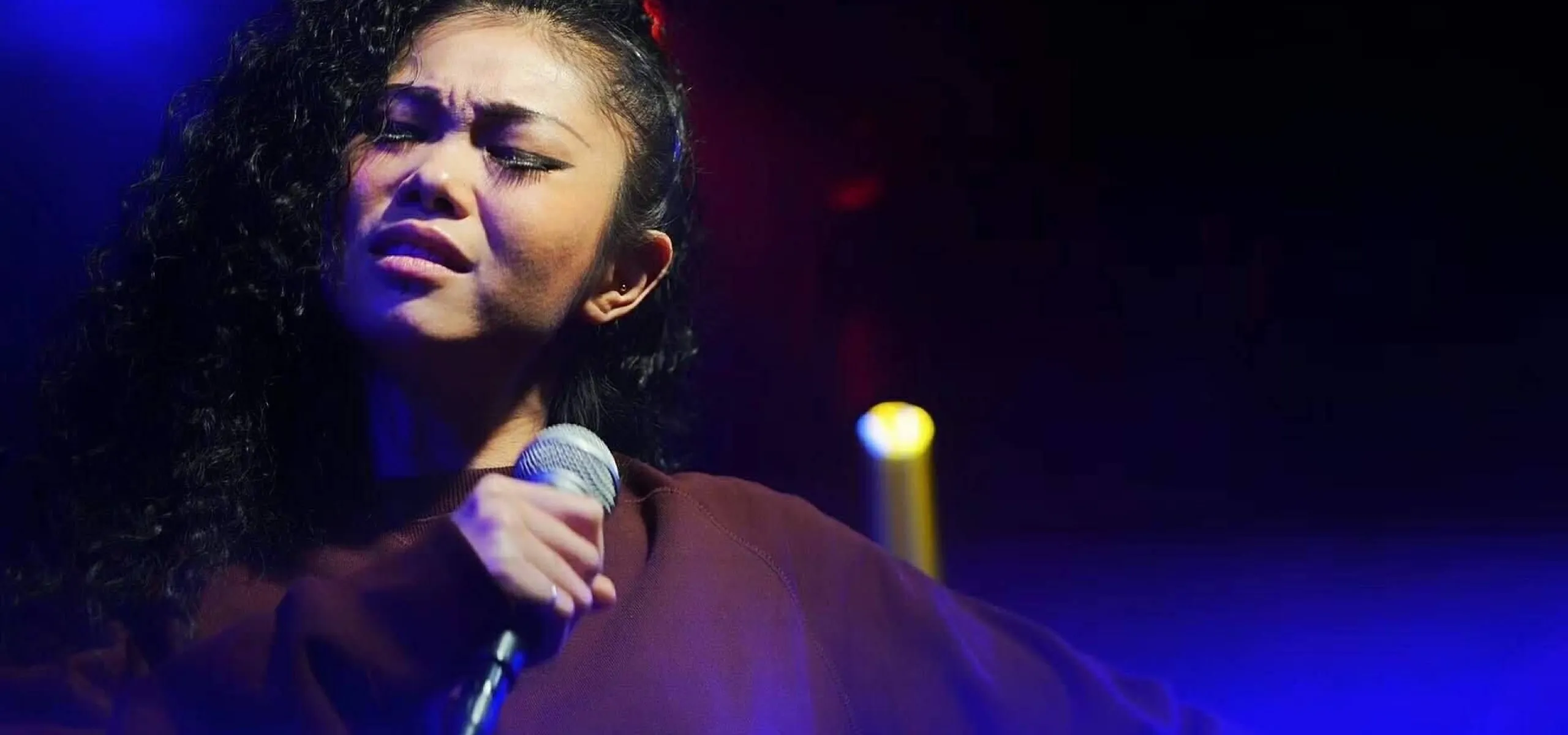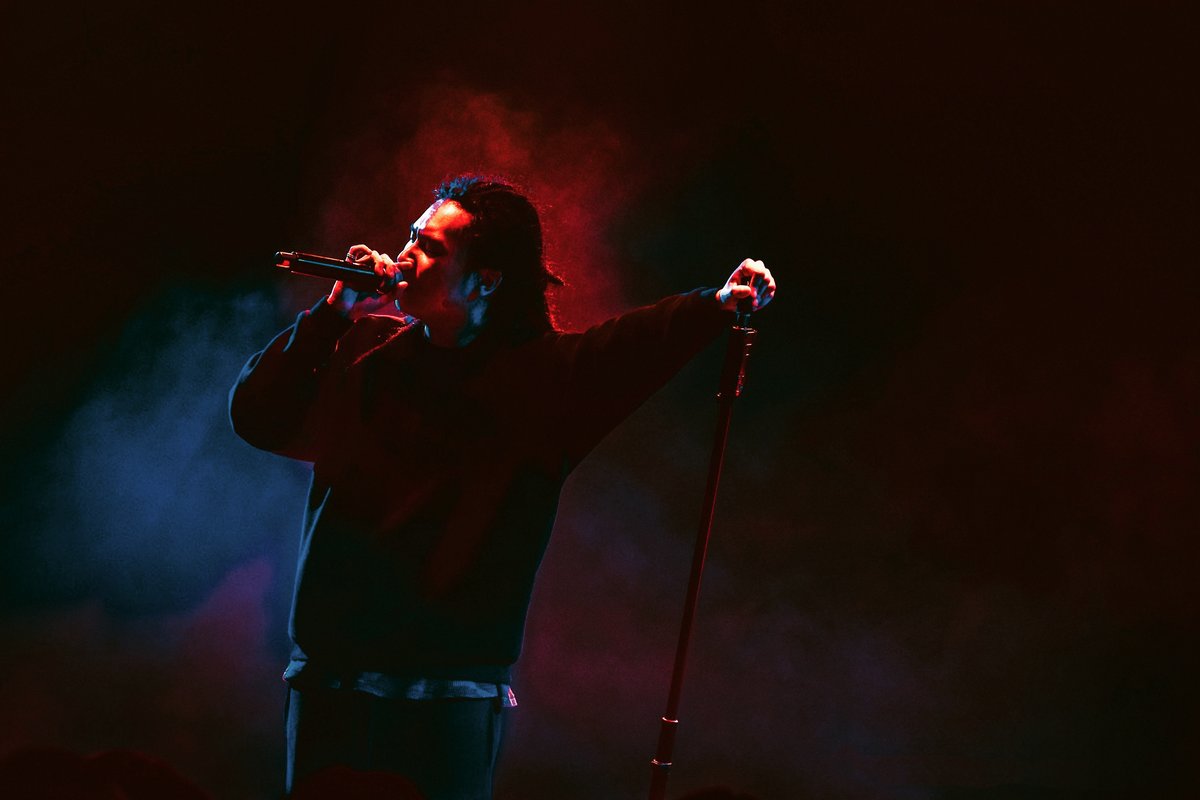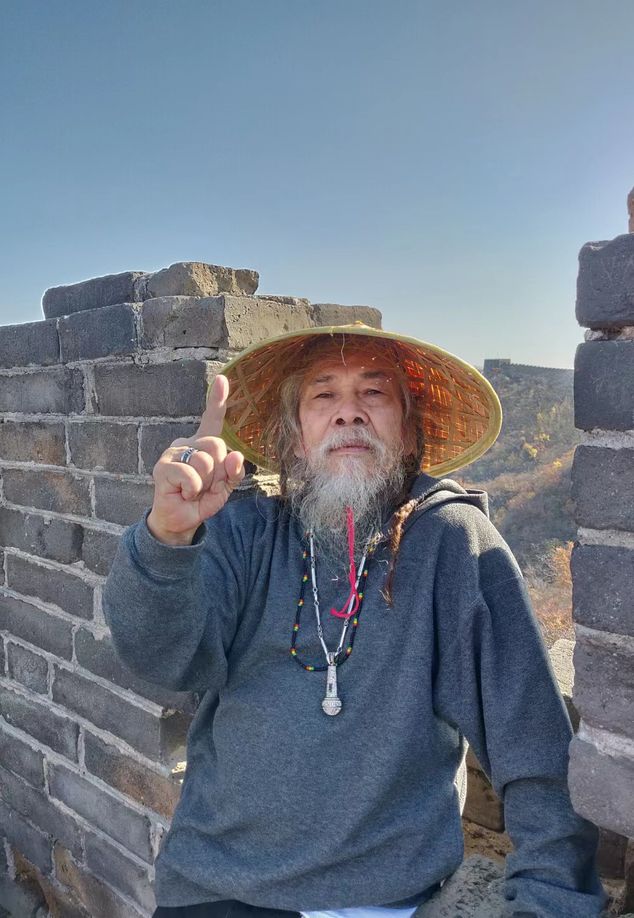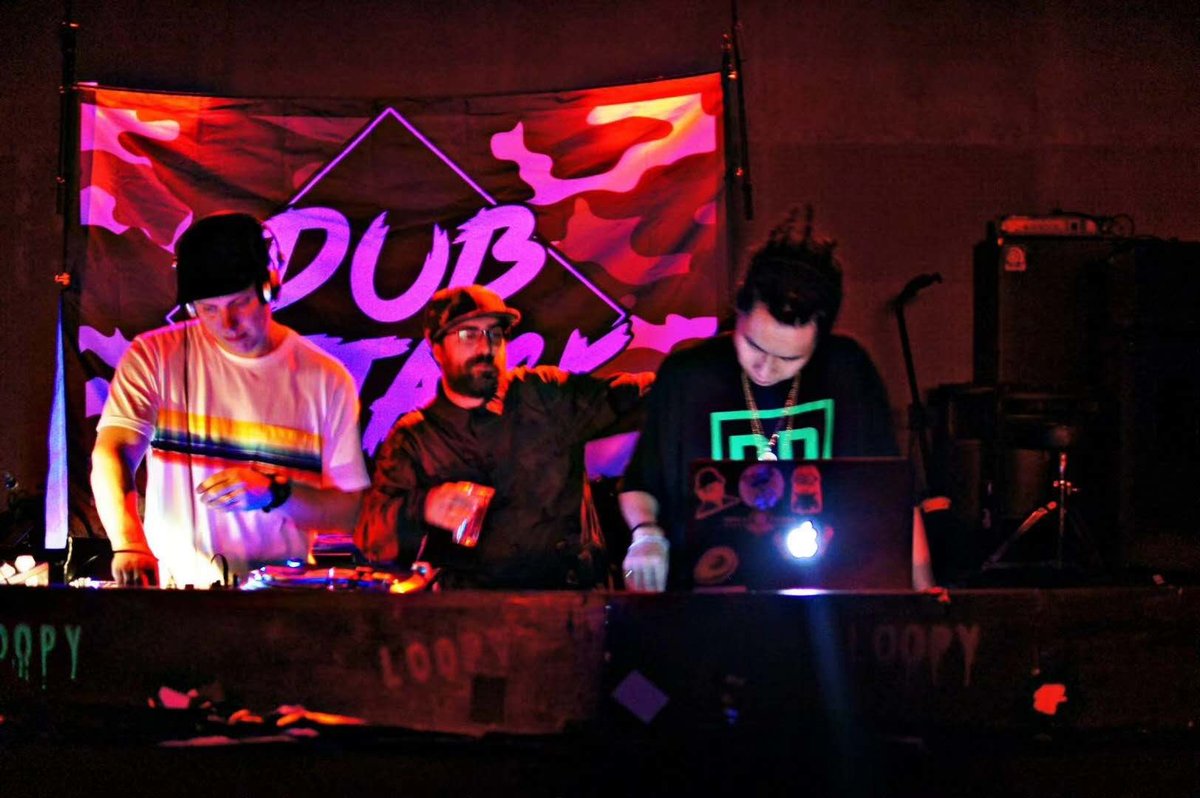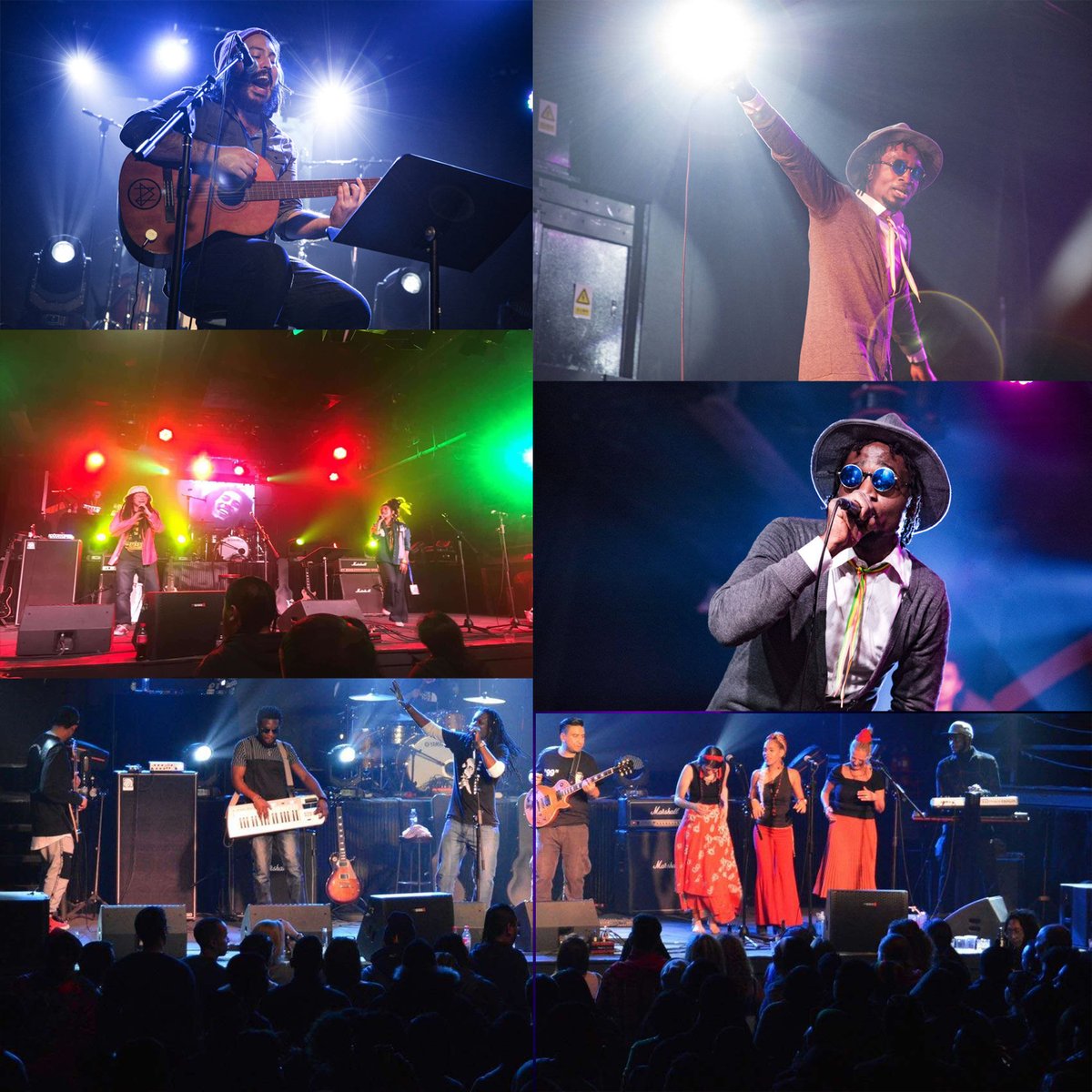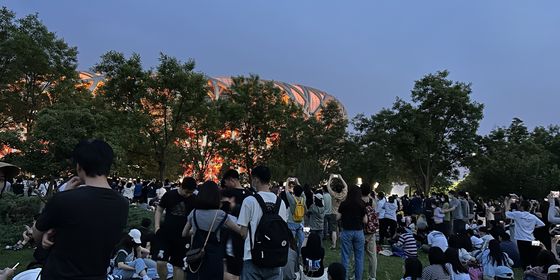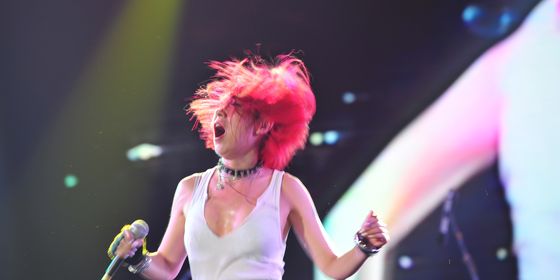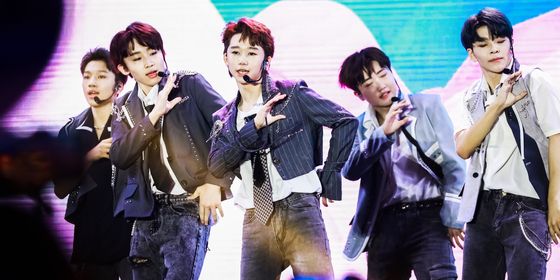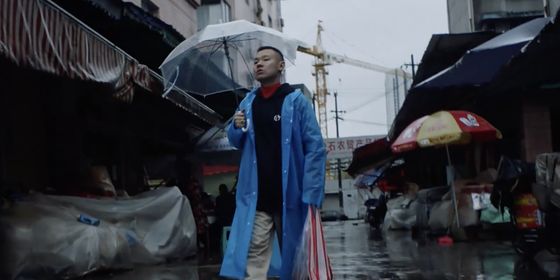Reggae is becoming better understood, more popular, and is even starting to infiltrate popular music in China
When you think about China’s music scene, reggae is probably not the first thing that comes to mind. However, dig just a little beneath the surface, and you’ll find that reggae’s influence runs deep, and its popularity is growing.
China’s three major reggae artists of the last few years have been Kawa, a band from Yunnan province, Beijing’s Long Shen Dao, and Taiwan’s Matzka; each has had success abroad too. But those three major artists no longer monopolize the genre. While reggae was distinctly relegated to the fringes of Chinese music scenes just 10 or 15 years ago, it is now booming and even permeating into mainstream artists’ work. Today, reggae music artists can be found in almost every large city in the country, and the sound of reggae beats can be heard in rap, hip hop, and even pop music listened to by millions.
Bars and clubs hold reggae nights, with mostly local acts taking the stage; artists are incorporating aspects of reggae into their music, and record labels are churning out more reggae music than ever before—including my own label, ChinaMan Yard (CMY), which I founded in 2016 with Beijing-based reggae artists Zulu Bob (who is originally from Antigua and Barbuda, but has been in China since 2009), and Stinging Ray. CMY is dedicated to the reggae genre, and the Chinese artists we’ve signed have enjoyed successes that would have been unheard of just a few years ago, earning tens of thousands of streams worldwide and spots on the Hong Kong iTunes top 200 chart.
Decades earlier, Chinese Jamaicans had contributed significantly to the development of reggae, propelling the genre to international fame in the 1960s and 70s. They were record shop and studio owners like Vincent and Patricia Chin who set up VP Records, now the largest independent reggae label in the world. They were producers like Joseph Hoo Kim who founded Channel One Studios, and Leslie Kong, who recorded Bob Marley’s first single: featuring tracks “Judge Not” and “One Cup Of Coffee.” They were also sound system engineers such as Herman Chin Loy, and musicians like Mikey Chung or Byron Lee and The Dragonairs, the band many credit with being the first to introduce the electric bass guitar to Jamaica.
Before the pandemic, these Chinese Jamaican reggae artists and producers were visiting China more than ever to reconnect with their roots, build connections between cultures, and spread reggae. Leo Lee, known as Skibo, manager and producer of reggae band The Gladiators, has been back and forth from his ancestral home in Guanlan, Guangdong province, while Hakka Chinese Jamaican producer Clive “Randy” Chin came to Beijing in 2009 and held a series of events introducing the history of reggae.
Local artists have tried some reggae songs or beats here and there for many decades. Stephen Cheng recorded “Always Together” in 1967 in Jamaica—perhaps the first reggae song exclusively in Mandarin. Later, massive names included reggae elements in their songs, like rock star Cui Jian on “Do it All Over Again” (1996), Jin Haixin on “Wake Up Your Ears” (1999), and Li Lifen on “Hero Of The City” (1993).
In the past these artists may have used reggae musical tropes without understanding the culture and heritage that reggae carries with it. But now, as cultural exchanges have multiplied, the internet proliferated, translations of books and information about reggae into Chinese increased, and as reggae artists from abroad have visited China with increasing frequency, there is growing recognition of the messages this music style brings with it.
Bands, producers, and labels are proliferating throughout the country. Heavy HK, the first reggae event promoter and organizer in China (active since 2005), have brought reggae stars such as Tippa Irie, Johnny Osbourne, Skarra Mucci, and Anthony B to the country for performances. Far East Lion, a Chinese sound system in Shanghai (a term used in reggae to refer to a group of DJs, sound engineers, and MCs playing reggae style music) led by MC Jado, has grown in popularity. Outside of big eastern cities too, the roots of reggae are taking hold: Chinese Chengdu-based band Jah Wah Zoo made an entire album (Zoo to the Roots) with Chinese Jamaican singer I Kong and his son Skunga Kong in 2020. ChaCha, from Guizhou province, became the first Chinese female reggae artist to perform abroad when she attended the Rototom Squash music festival in Spain in 2013. Countless other Chinese reggae acts have popped up over the past few years: Sky King Jack, Long Jin, Hei Sa, Ma Bang, Shi Tong, Lao Hei, Jiang Liang Sound System, Gu Dao, NOL, Sandojo, Shan Ren, Truck or Lucky Roots, and more.
The explosion of hip hop and rap in China in the 2000s and 2010s (driven by reality shows like The Rap of China) has also been a springboard for reggae, with many groups skillfully mixing the two styles. MC Webber, arguably one of the first rappers in the country, has released numerous reggae-infused tracks to critical and popular acclaim in China. His album Ghetto Food, released in 2011, sold out in just a couple of weeks.
While reggae is primarily developing in China’s underground music scene, more and more celebrities are using it. In 2020, Malaysian Chinese superstar Namewee released the track “Chinese Reggaeton” alongside Hong Kong actor Anthony Wong, gaining over 22 million views on YouTube and over 50 million views in China via platforms like Bilibili and Weibo. Chinese rockstar Xie Tianxiao released two full reggae albums in 2008 (Just One Desire) and 2009 (The Last Man).
No doubt, non-Chinese have also played an important role in bringing much international music to China’s shores. Shanghai Dancehall Crew, a collection of DJs and artists led by American Kyle B, Canadian Dubshottas, and Japanese Mousetrap, is well known in the city. Japanese DJ Shohei works the club scene in Wuhan, and Dub Attack Sound System, led by Danish DJ Maze in Hangzhou, hold the Dub Camp reggae festival every summer.
Each year in February, my own music label, CMY, organizes Bob Marley Day, an annual celebration of Jamaica’s most famous reggae artist and the largest reggae-focused event held in the country. In collaboration with the Jamaican embassy in China, and many other Caribbean embassies, we plan to hold the 20th edition of the celebration next year, after a two-year hiatus due to the Covid-19 pandemic.
Reggae is niche in most countries, and it will likely remain so in China. But it continues to grow, to flourish, and to emotionally engage. In just a few years, reggae has become more popular and influential than many imagined, reminding us of Chinese people’s deep connection to reggae’s birth, and the relevance of the music and its culture to China today. China’s reggae scene is now about far more than just three major artists, and it has even infiltrated mainstream music.
So next time you tune in to a hit Mandopop tune, listen carefully and you might just hear the relaxed, looping beats of reggae humming in the background.
Photos courtesy of Duozzy, May Tse, and General Huge





